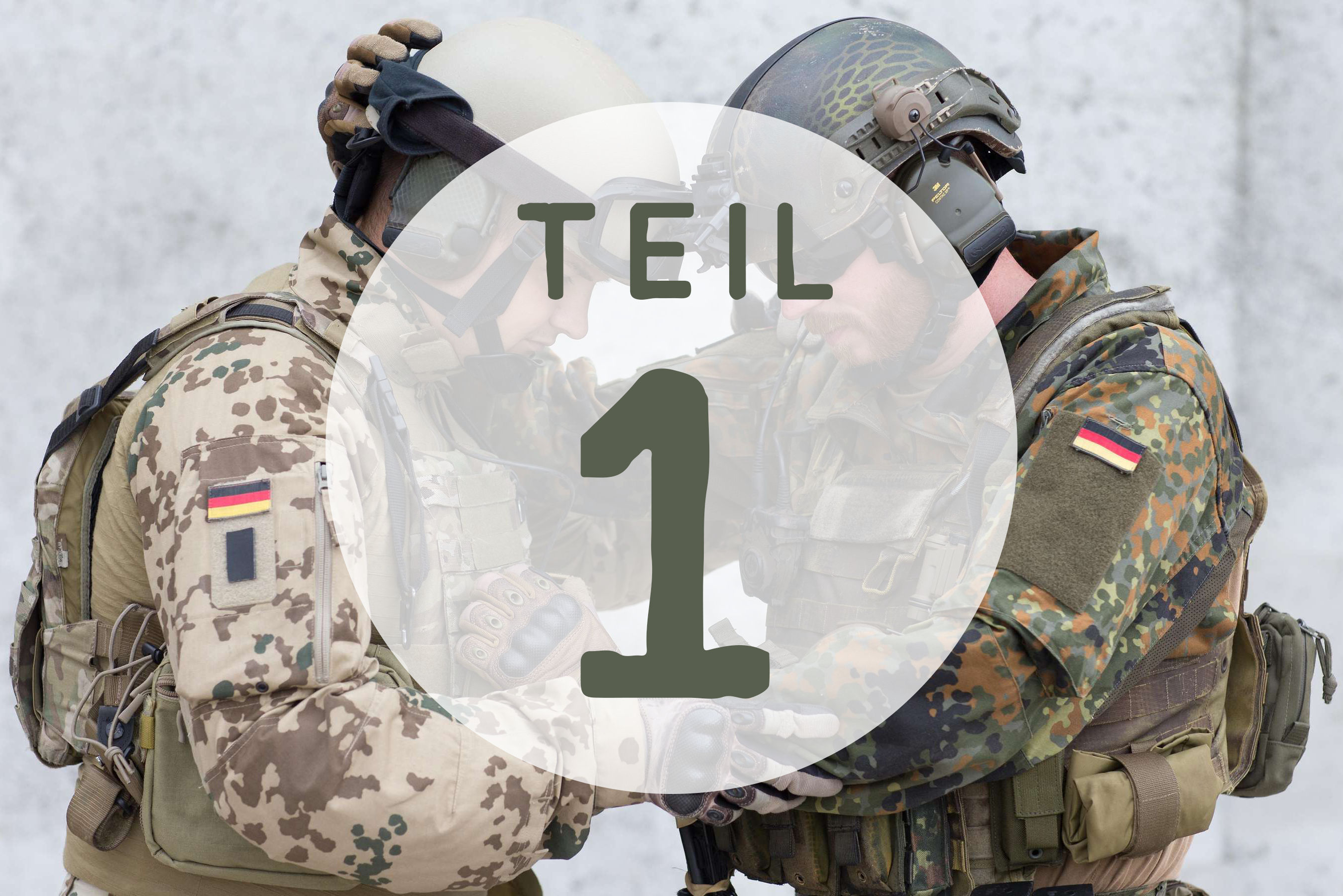With this article, we at ValorCompany would like to draw attention to a disease that is popularly known as a disease that “only soldiers get anyway”.
However, this disease is more widespread than one might think. It occurs more frequently among soldiers, of course, but also among police officers, members of the fire and emergency services, judicial officers, and security personnel, to name a few.
Ultimately, however, no one is safe from it.
We are talking about post-traumatic stress disorder (PTSD) or
In English it is called Posttraumatic Stress Disorder (PTSD).
This mental illness can occur when one has experienced one or more psychologically stressful events of exceptional magnitude or catastrophic proportions.
PTSD is a completely normal reaction to an abnormal event. Therefore, it is not a sign of weakness, but rather a confirmation that one is functioning perfectly normally as a human being.
According to ICD-10 (International Statistical Classification of Diseases and Related Health Problems), the following criteria must be met for the diagnosis of PTSD:
- The person concerned was exposed to a stressful event of exceptional threat or catastrophic magnitude, which is capable of triggering profound despair.
- There must be repeated reliving of the trauma in the form of intrusive memories such as flashbacks and (nightmares), persistent memories of the trauma or a feeling of inner distress that is similar to or related to the trauma.
- The affected person avoids situations that are related to the trauma in any way
resemble (avoidance behavior)
- At least one of the following features must be present: (1) a partial or complete inability to recall core elements of the trauma or (2) persistent symptoms of psychological arousal (hyperarousal), with two of the following features being present:
Sleep disturbances, increased startle sensitivity, difficulty concentrating, increased irritability and/or hypervigilance.
Furthermore, those affected may experience a feeling of emotional numbness, loss of interest, speech disorders, indifference towards other people and alcohol and/or drug abuse.
Not every traumatic event develops PTSD. If the above symptoms (or parts of them) occur within the first four weeks after the event but then subside, this is referred to as an acute stress reaction.
In the case of an acute stress reaction, no therapeutic treatment is necessary, but a conversation with a therapist is not a bad idea and is recommended by us for prophylactic reasons.
If the symptoms have not subsided after four to six weeks at the latest, it is considered PTSD. At this point, you should definitely seek help.
Ultimately, these symptoms are a completely normal reaction to an abnormal event. Even though this reaction can take a pathological course in the form of PTSD, it in no way makes you a weak, unstable, or bad person.
Humans are programmed for this kind of reaction due to their evolution. You'll learn why in the next part of our article.
Help is available here:
BAPersBw Federal Office of Bundeswehr Personnel Management Department VII 1.4
Bundeswehr Social Service
Alte Heerstraße 81
53757 Sankt Augustin
Senior Government Official Maria ScholtenPhone: +49 2241 15 2926

